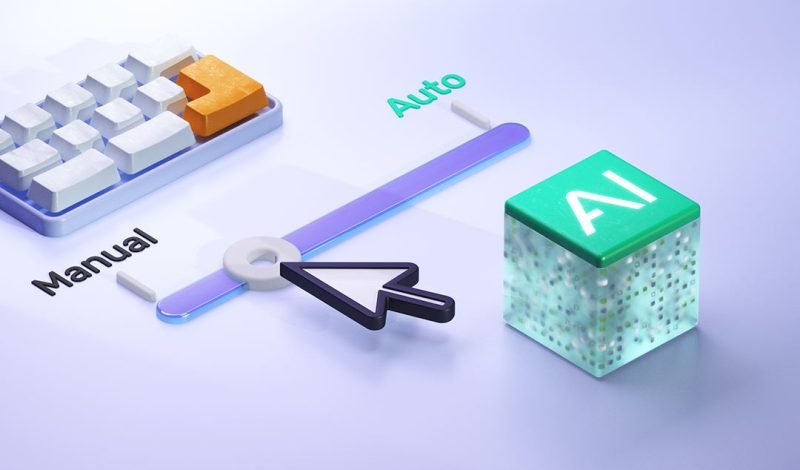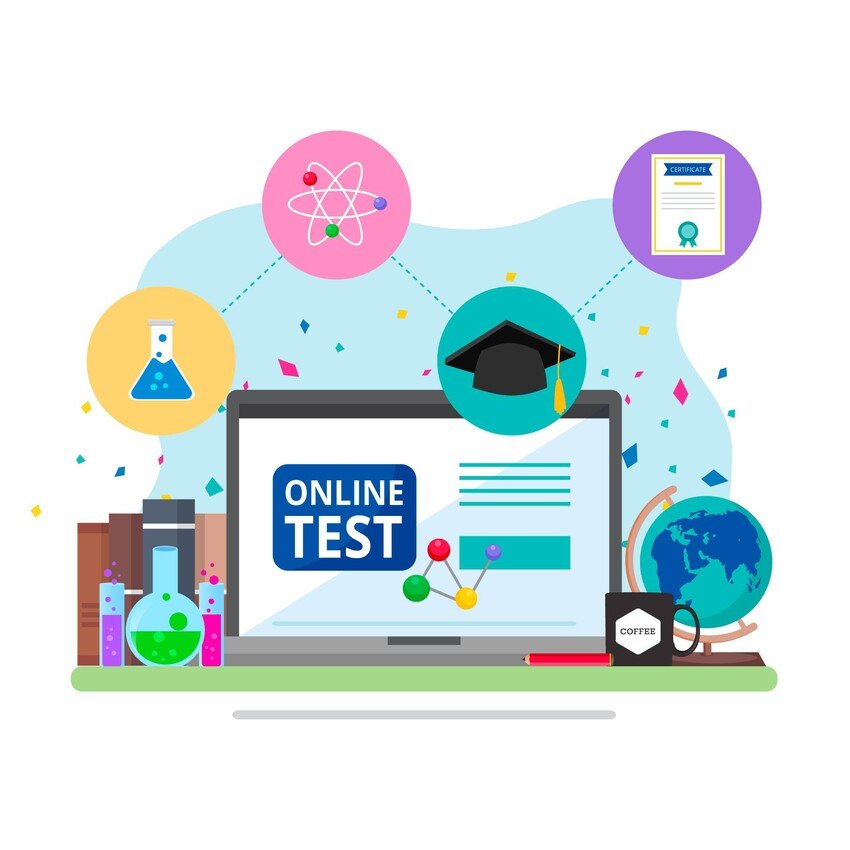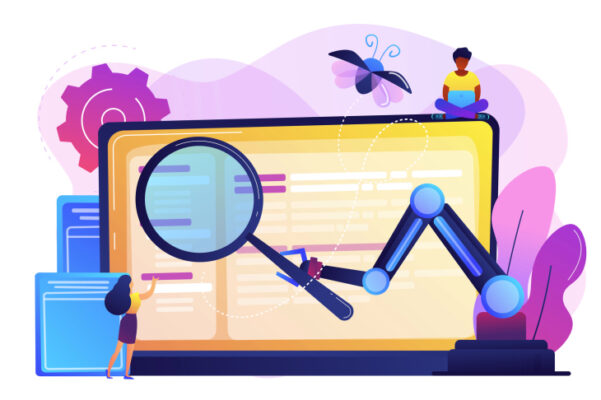On the off chance that 2023 was the time of AI (artificial intelligence), 2024 will be the extended period of human conjunction with innovation. Since the arrival of Open artificial intelligence’s ChatGPT in November 2022, there has been a constant flow of contending enormous language models (LLMs) and coordinated applications for explicit undertakings, including content, picture handling, and code creation. It plays a significant role in software testing companies. It’s presently not an issue if artificial intelligence will be embraced; we have continued toward the subject of how best to bring this innovation into our day-to-day routines. These are my expectations for the product quality assurance testing industry for 2024.
Automated testing Is Important Not A Choice
Designers will incline intensely on artificial intelligence-fueled copilot apparatuses, creating more code quicker. That implies gigantic expansions in the gamble profile of every product discharge. In 2024, analyzers will answer by embracing artificial intelligence-fueled testing tools to stay aware of engineers utilizing artificial intelligence-controlled tools and not become the bottleneck in the software development life cycle (SDLC).
The role of software tester will not only evolve but increase as well
While artificial intelligence is helping programmers and test robotization engineers produce more code quicker, it requires the exceptionally talented eye of an accomplished architect to decide how great and usable the code or testis. In 2024, talented specialists will be popular with explicit space information who can parse through the artificial intelligence-produced yield and decide whether it’s rational and helpful inside the particular business application. Albeit this is fundamental for engineers and analyzers to begin believing what the AI produces, they ought to be careful about investing wasteful measures of energy building artificial intelligence prompts, as this can eventually prompt diminished degrees of execution. For example, a designer could without much of a stretch invest the majority of their energy approving the artificial intelligence-created yield as opposed to testing the delivery that will be sent to clients. Having the option to recognize when to depend on artificial intelligence and when to forego artificial intelligence’s assistance will be vital to smoothing out the work process. In the end, we will begin seeing artificial intelligence-fueled testing devices for non-coders that emphasize accomplishing repeatability, steadfastness, and versatility so analyzers can genuinely involve man-made intelligence as their essential testing apparatus and at last lift their efficiency.
The Increasing Manual Testers, Protected and Offline LLMs
As big business organizations give indications they have little to no faith in open LLMs (e.g., ChatGPT, Minstrel, and so on) with their information and licensed innovation (IP), they’re beginning to fabricate and send their confidential LLMs behind firewalls. Calibrating those LLMs with space-explicit information (e.g., banking, medical services, and so on) will require an incredible volume of testing. This commitments a resurgence in the job of the manual analyzer as they will play an undeniably significant part in that cycle since they have profound space information that is progressively scant across ventures. As we stand near the very edge of 2024, it is clear that the cooperative energy between computerized reasoning and human skill will be the foundation of programming quality design. Human analyzers should figure out how to saddle the force of artificial intelligence while contributing the indispensable subtlety of human judgment. The year ahead vows to be one where human creativity teams up with man-made intelligence’s proficiency to guarantee that the product we depend on isn’t just practical yet in addition solid and secure. There will probably be coordinated work to refine these joint efforts, guaranteeing that simulated intelligence fills in as a dependable help as opposed to an overpromised arrangement.
Read Dive is a leading technology blog focusing on different domains like Blockchain, AI, Chatbot, Fintech, Health Tech, Software Development and Testing. For guest blogging, please feel free to contact at readdive@gmail.com.





